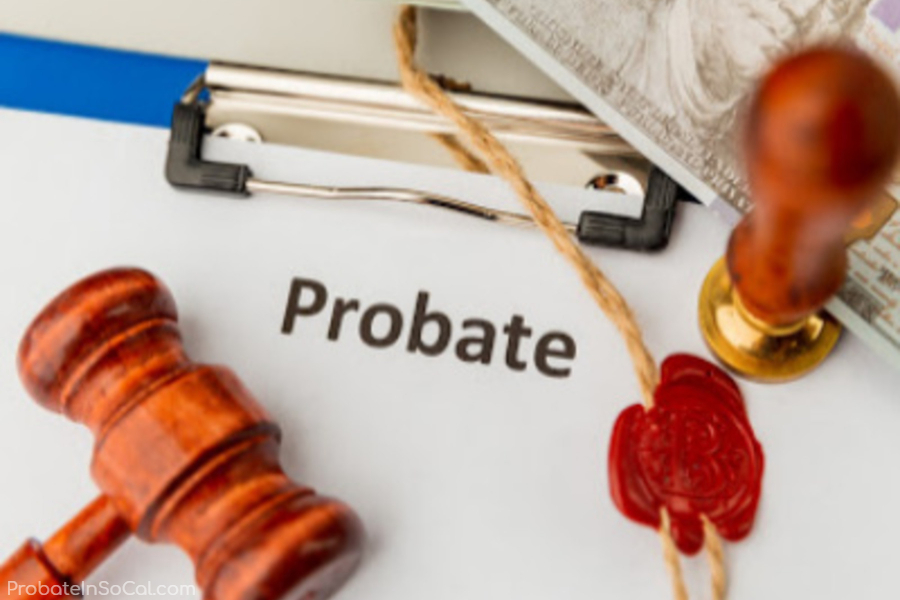The last thing that heirs or beneficiaries want to have to deal with is paying for court fees. This is a very common question that I get asked a lot: “do I have to pay the court system if a family member such as a mother or father died without a will?”
It depends on the specifics of the decedent and the beneficiary. If the family member died without a will, which is called “intestate,” or trust and owned property valued at more than $166,250, probate is likely to resolve this estate; however, it will involve paying the court filing fees.
If the estate is worth less than the amount, you can probably avoid probate; other factors may allow you to avoid probate. You always want to speak to an estate attorney who can provide you with a more detailed analysis of what may be required.
Question: What if two people inherit a property but only one wants to sell?
When you petition for probate, you must pay an initial filing fee of about $495. Some courts may charge additional fees so verify the amount before filing. You typically make the check payable to the “Clerk of the Superior Court.” This fee should come out of the estate assets as an expense of administration. As an executor of the estate, keep track of any hours you spend dealing with the estate, as these may also be compensated based on the amount of work and the type of work you are conducting.
If you need to advance the fee from personal funds, reimbursement may be made from the estate’s assets as soon as an estate account is opened.
Related: Questions about luxury probate estates
The current rates for California probate is 4% of the first $100,000 of the gross value of the probate estate; 3% of the next $100,000; 2% of the next $800,000; 1% of the next $9 million; and .5% of the next $15 million. Be sure to check with the court for details or talk to your real estate probate specialist or probate attorney for specifics on your particular estate or situation.
Read more: Who to turn to for probate advice?


